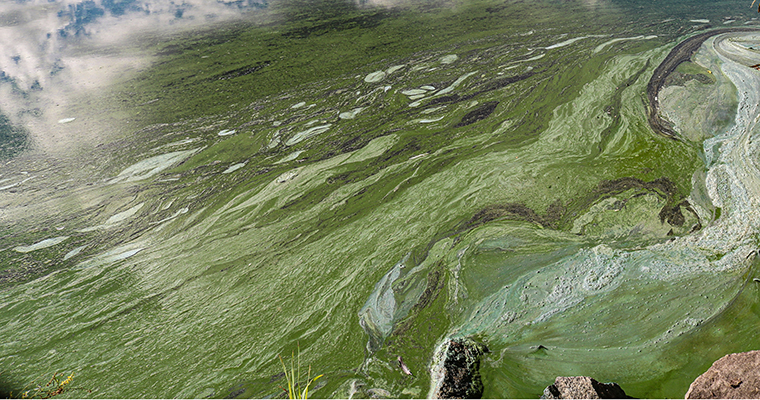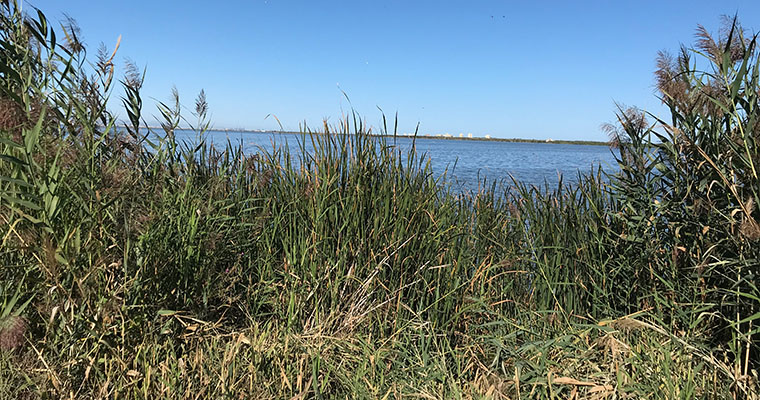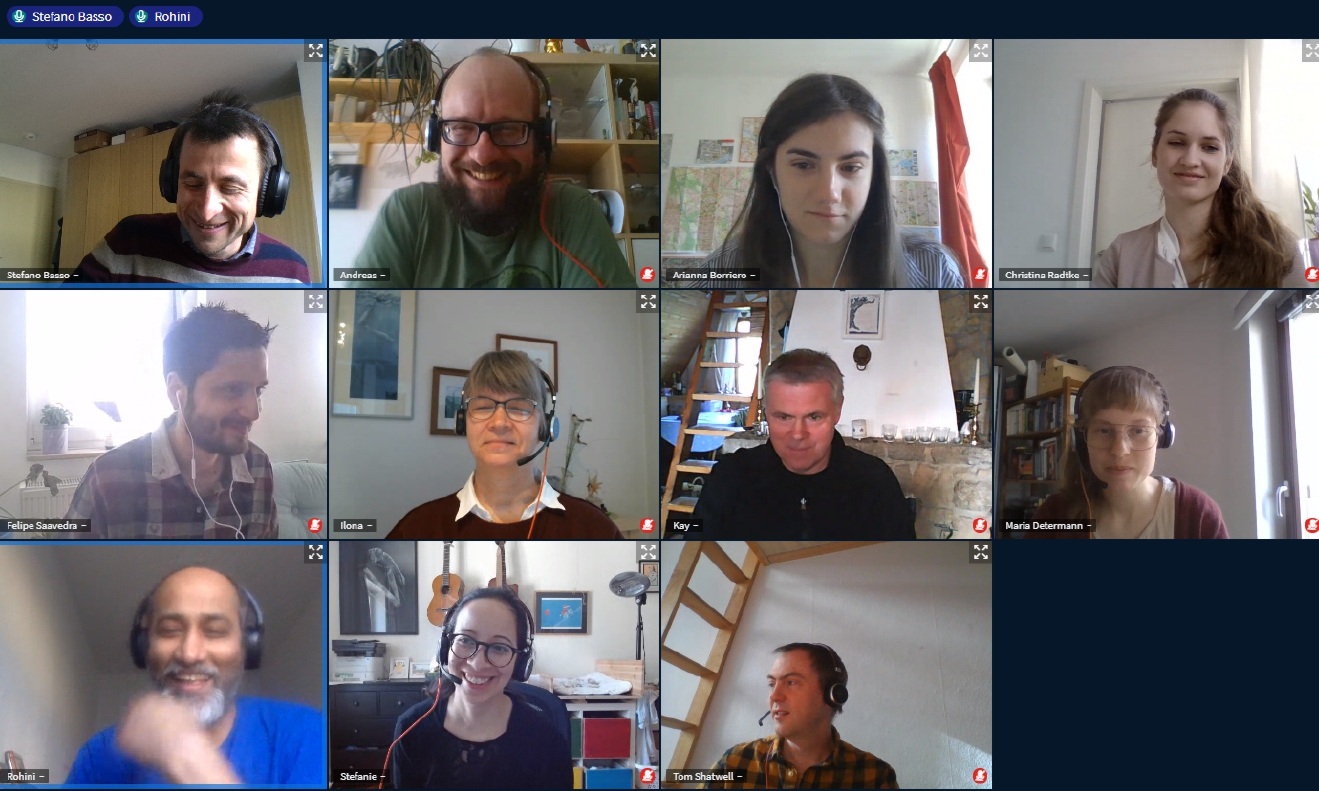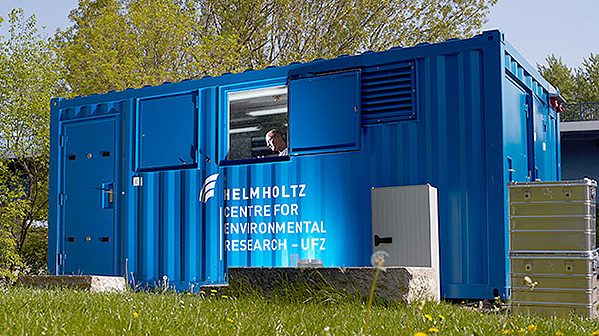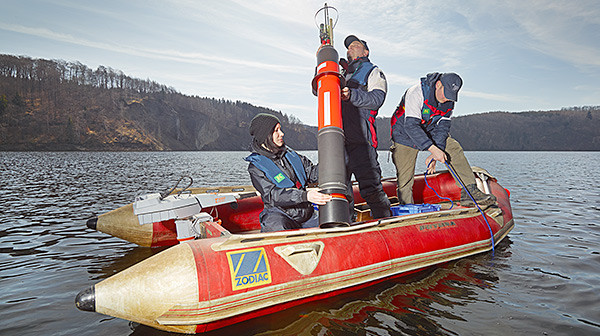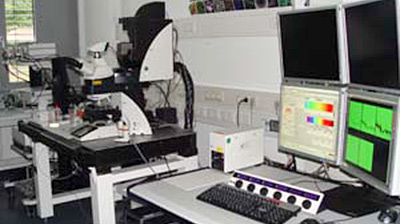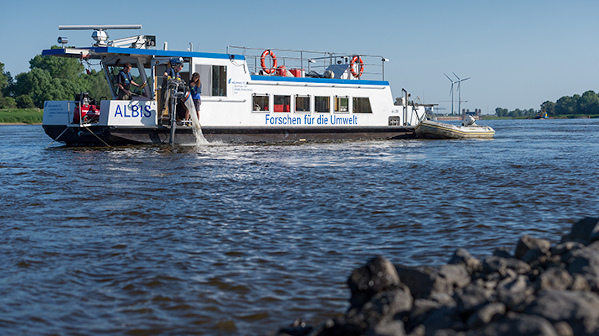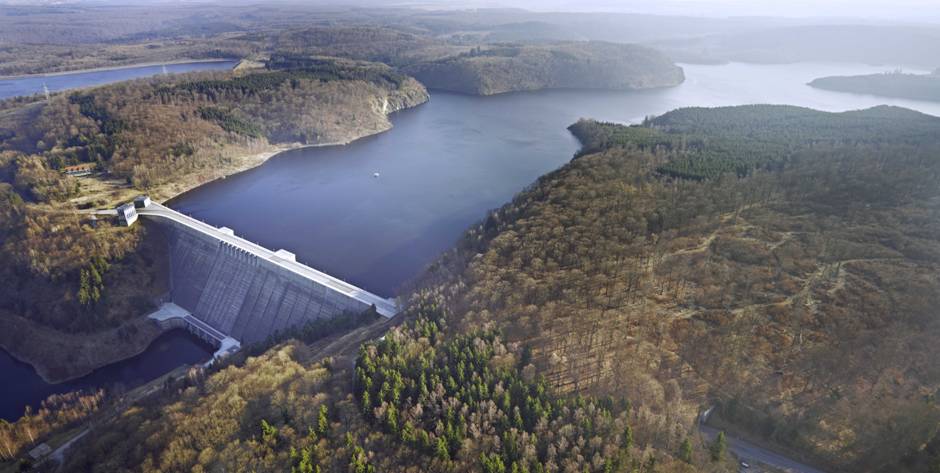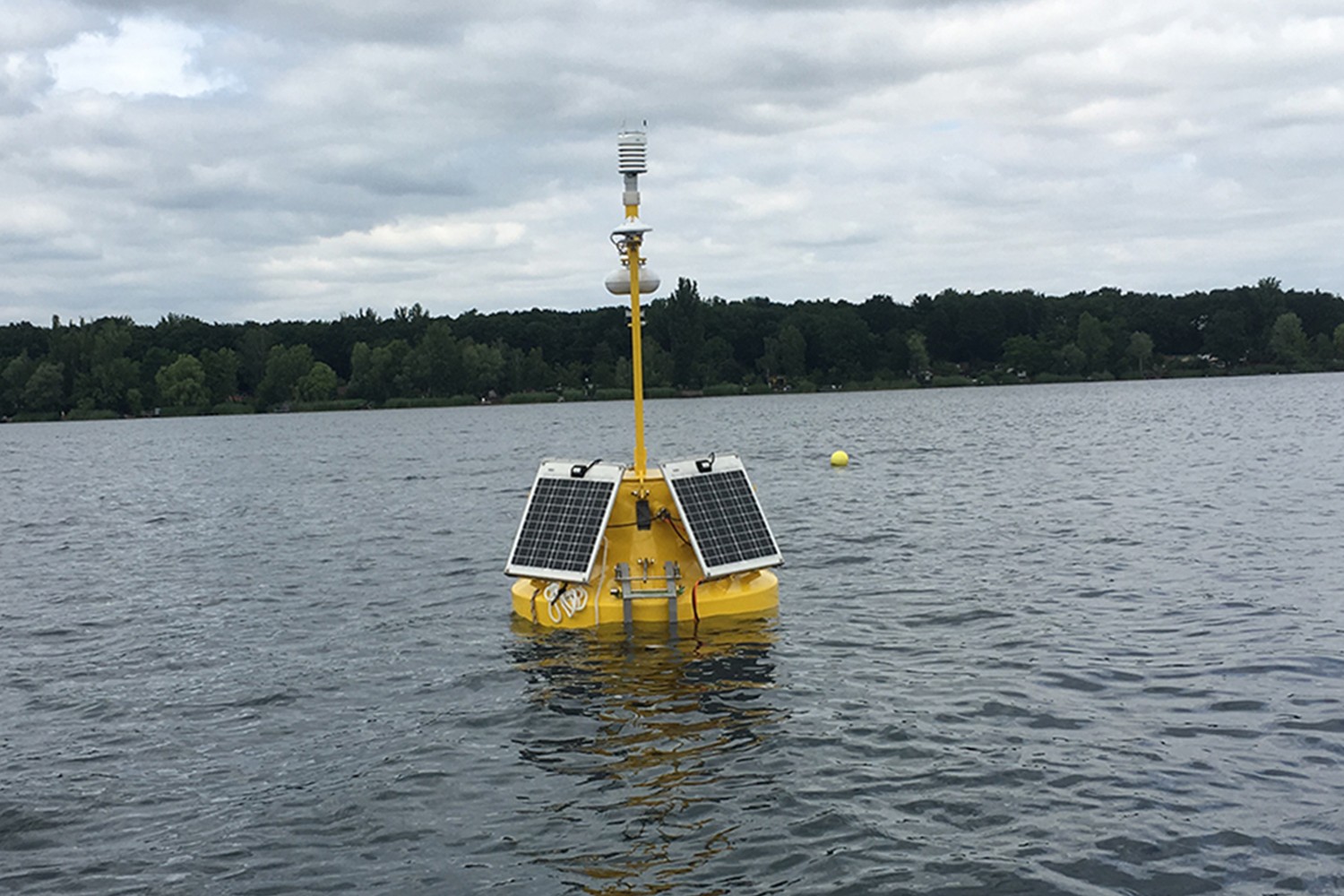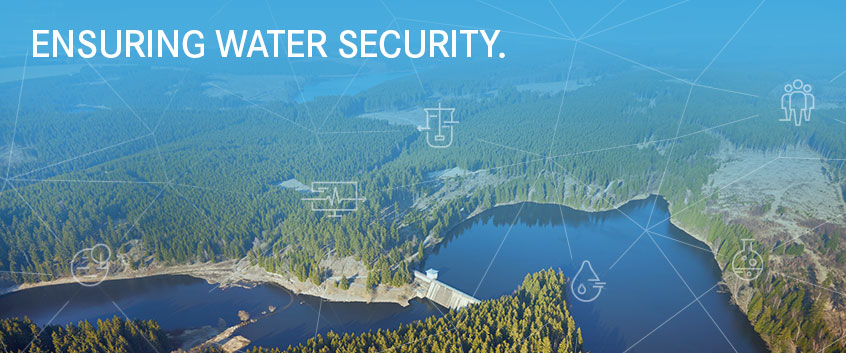
Research Unit
Water Resources and Environment
Water must remain secure in the future in sufficient quantities and in the required quality for humans and the natural environment.
To make sure this happens, we have to understand how the water cycle is functioning on the local, regional and global levels. We require science - based knowledge about how the quantity and quality of the groundwater and surface waters are affected by natural and human impacts, if we are to develop strategies for a sustainable water management that can be implemented in selected regions around the world.
Challenges
Water is essential for all life on Earth. To achieve sustain- able development, societies, the economy and the living environment (terrestrial ecosystems) all need freshwater in sufficient quantity and quality. Climate change, extreme weather events, the global population growth and international markets are all factors that exert direct and indirect pressures on natural water resources. Impacts are regionally very diverse, ranging from extreme water scarcity to high chemical loads or even new kinds of micropullutants.
The UN has adopted the goal “Clean Water and Sanitation” on its “2030 Agenda for Sustainable Development”.
With its European Water Directive, the EU has already set a clear goal for the sustainable management of water resources. Moreover, the United Nations has adopted the goal “Clean Water and Sanitation” on its “2030 Agenda for Sustainable Development”. Politics, economics and science in industrialised nations as well as in developing countries all share the responsibility for implementing and achieving these ambitions.
Questions
How exactly does mankind use and alter the groundwater, lakes and rivers? How are the water cycle and ecosystems connected? Under which conditions can water bodies regenerate themselves? When is technological assistance required? How can the socio - economic and climate change processes affecting our water resources be analysed?
Scientists of the thematic area “Water Resources and Environment” observe, explore and analyse the various compartments of the water cycle. On the one hand, they quantify water availability in selected catchment areas. On the other hand, they investigate which substances from natural and anthropogenic sources get into the water cycle and through which pathways, how they are converted along flow and transportation routes and which processes are crucial for the status and development of water bodies. Moreover, they want to qualitatively and quantitatively determine the functions of aquatic and terrestrial ecosystems for the water and matter balance as well as qualitatively and quantitatively analyse biodiversity in such a way that they are more than a mere description of their state.
For a more efficient water management they are looking for control options, under which the total level of pollutants can be kept within safe boundaries. It is therefore about minimising direct loads (nutrient loads such as nitrates and phosphates or hazardous substances such as pesticides), as well as indirect loads such as pharmaceutical residues or household chemicals that enter the water cycle through waste water. Here, basic economic conditions play a substantial role.
The UFZ took on an advocacy role for the German water research community with the Water Science Alliance.
New and robust modelling tools, reduced to an optimal complexity, help to reliably portray the changes to water and matter fluxes and thus interrelated ecosystem processes on different scales in space and time (even with less reliable or very limited data sources) – both for the past and for the future. With the help of new indicators, the functions and services of water body ecosystems can be recorded and described. In cooperation with the thematic area “Environment and Biotechnology”, researchers are developing various solutions and technologies for the remediation of contaminated surface waters and groundwater or for the treatment of wastewater, like for instance in Jordan – one of the most water - scarce regions in the world.
The UFZ has initiated national and international networks and alliances in the field of water research. The Center for Advanced Water Research CAWR pools the competences of the UFZ and the TU Dresden in research, education and knowledge transfer on the topic of water research.
Furthermore, the UFZ took on an advocacy role for the German water research community with the Water Science Alliance, giving this community an international voice.
The UFZ also coordinates the European Topic Centre for Inland, Coastal and Marine Waters ETC - ICM. This makes the UFZ an important strategic partner in a network, which develops application - oriented concepts for national, European and international water politics.
Whether it is the Water Framework Directive or access to clean water as a basic human right, the implementation of these challenging goals can only work through coherent knowledge transfer. Considering that, strategic partners are indispensable, such as the European Environment Agency (EEA), the German Environmental Agency (UBA) as an authority of the Federal Ministry of the Environment or the Environment Program of the United Nations (UNEP).
On the other hand, institutions such as the German Society for International Cooperation (GIZ) or the German Water Partnership (GWP) also play an important role in transferring results, since it is only through close co - operation and training that knowledge and technologies end up where they are most needed.
News
Highlights from the Research Unit
The PhD college DYNAMO studies the role of hydro-meteorological events as drivers of pollutant transport, turnover and export in river catchments.

MOSES (Modular Observation Solutions for Earth Systems) is a novel observing system of the Helmholtz Association, developed by the Helmholtz Centres in the research field “Earth and Environment”. It comprises highly flexible and mobile observation modules which are specifically designed to investigate the interactions of short-term events and long-term trends across Earth compartments.
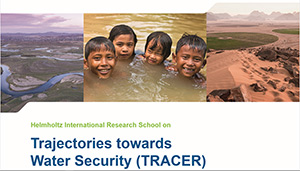
Research School TRACER (Trajctories towards Water Sercurity) is a Helmholtz International Research School funded for 6 years by the Initiative and Networking Fund of the President of the Helmholtz Association.
Infrastructures & Publications
Featured publications and the complete lists of publications can be found on the Department pages:
Data publication in the Research Unit Water Resources and Environment:
HYPE
Catchment model for simulating hydrology and nutrient transport
mHM-Nitrate
Catchment model for simulating hydrology and nitrogen transport
https://doi.org/10.1029/2017WR022380
River Network Scaling Features
https://doi.org/10.1029/2018WR024614
staRdom
Spectroscopic Analysis of Dissolved Organic Matter in R
WASP
River water quality simulation program
CEQUAL-Model of Planktothrix rubescens in Rappbode Reservoir
https://www.sciencedirect.com/science/article/abs/pii/S0043135420302372


